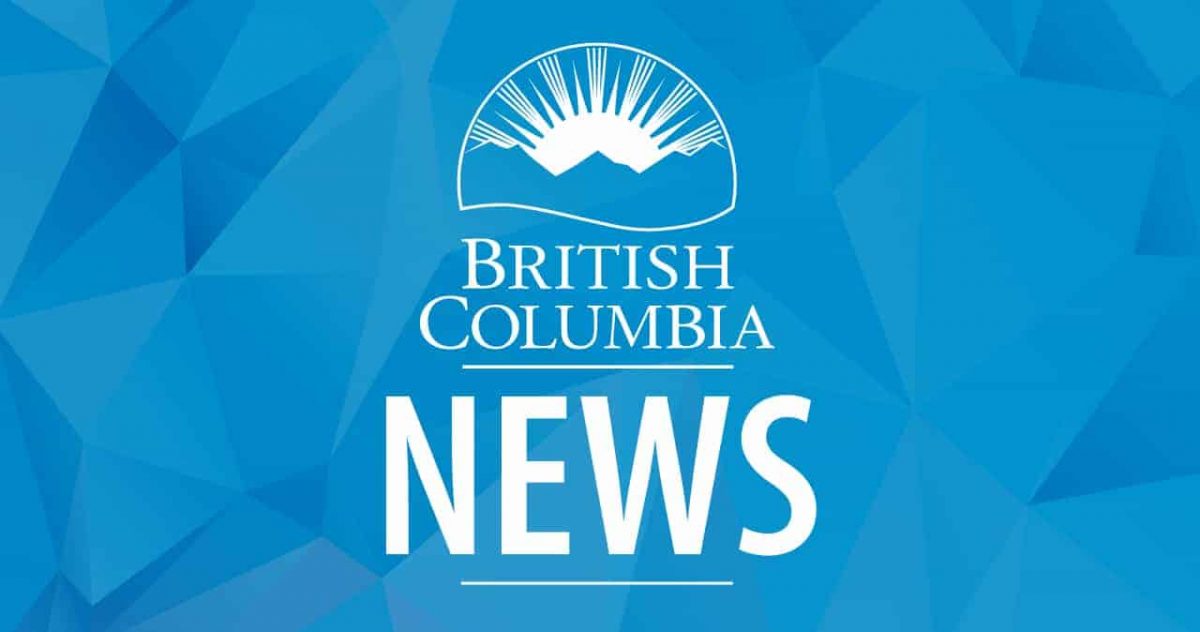
Drivers advised to plan ahead for a safe B.C. Day weekend
The B.C. Day long weekend sees heavy traffic on provincial highways.
To ensure safety, the Province and the BC Highway Patrol advise that travellers should plan ahead and exercise extra caution.
People travelling B.C.’s most popular routes should expect heavy traffic and congestion during peak travel times and should plan for extra travel time, or travel at off-peak hours when possible.
Extra traffic volume is expected on Vancouver Island highways (including the Malahat and Highway 4 to Tofino), on Highway 1 through the Fraser Valley and between Kamloops and Alberta, on the Sea to Sky (Highway 99), and on routes to BC Ferries’ terminals and to all major Canada/U.S. border crossings.
Drivers should be prepared for highway closures due to wildfires. Fire conditions can change quickly, and highways may close with limited notice.
BC Highway Patrol’s summer impaired driving campaign will increase impaired driving enforcement with a focus on special events, such as festivals. This is an effort to eliminate fatalities on B.C. highways. Officers will continue to demonstrate zero tolerance toward impaired drivers.
Many motorcyclists will be out on the roads this long weekend. Both riders and drivers can help prevent crashes by sharing the roads responsibly. As a rider, always wear your gear. All road users should stay focused, maintain a safe distance, and choose appropriate speeds to prevent crashes.
Drivers are urged to be truck aware. Large trucks need extra room to stop and turn, and have many blind spots. By taking extra precautions, passenger vehicle drivers can reduce the risk of serious crashes. Give trucks lots of space and don’t take away their turning or braking room. When passing a truck, ensure you can see both its headlights in your rear-view mirror before merging back.
General tips for a safe trip include:
- allowing additional time to get to your destination due to more people on the roads;
- making sure your vehicle is up for the drive by having a full tank of gas or charged battery, checking engine oil, washer fluid, lights, and tires, including the spare;
- packing food and water for passengers and pets;
- planning breaks at rest areas: https://www.th.gov.bc.ca/restareas/;
- obeying all posted speed limits and driving with caution, especially during bad weather;
- leaving the phone alone while behind the wheel;
- ensuring all passengers always use seatbelts; and
- never driving under the influence of drugs or alcohol.
For the most up-to-date highway travel information, check @DriveBC on X and https://www.drivebc.ca/
